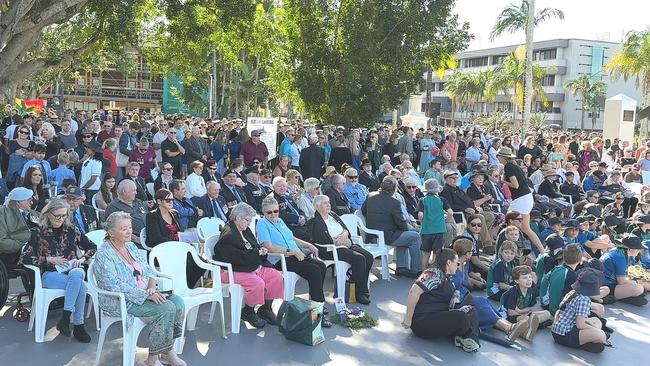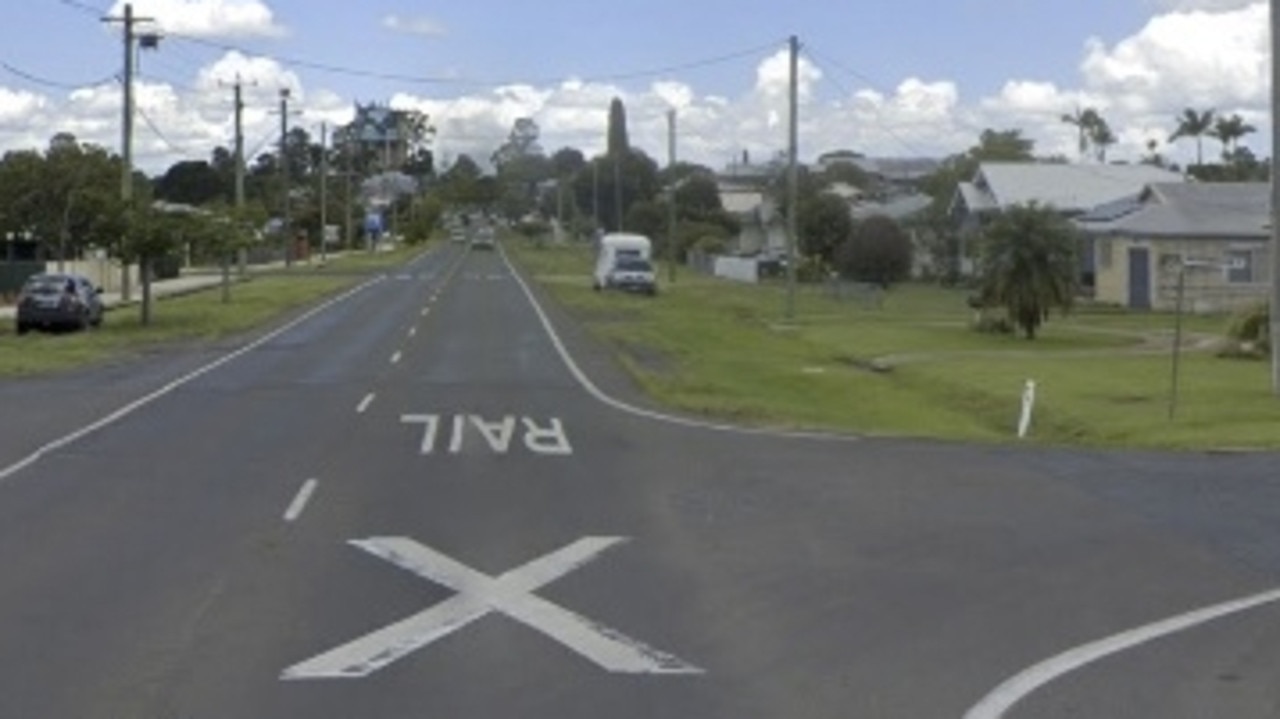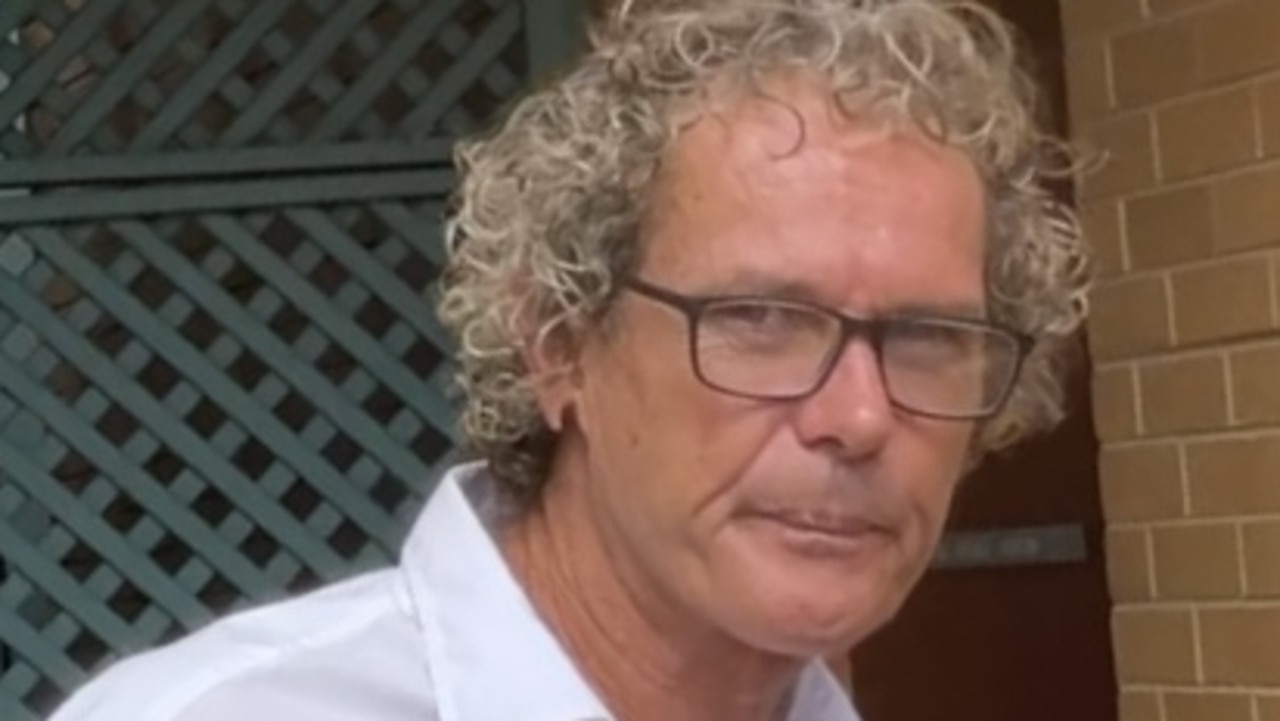Photos: Northern NSW marks Anzac Day 2024
This Anzac Day, thousands have gathered across the north of the state to remember the fallen and those who bravely fought for our freedom. See the pictures and read the awe-inspiring stories.
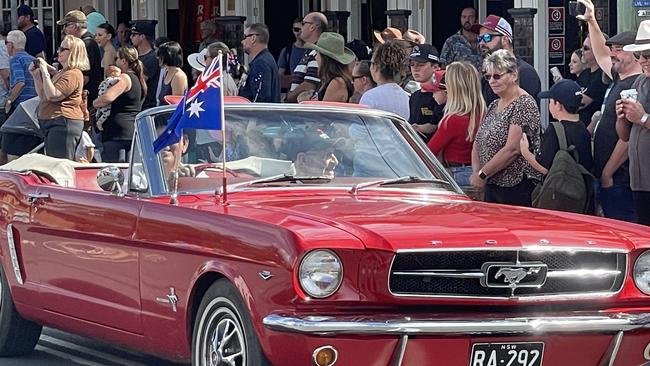
Regional News
Don't miss out on the headlines from Regional News. Followed categories will be added to My News.
This Anzac Day, thousands have gathered across the north of the state to remember the fallen and all those who bravely fought for our freedom.
Since the Anzacs landed on Gallipoli in 1915, during World War I, more than 100,000 Australians have lost their lives.
Today, we pay homage those who served and died in all wars, conflicts and peacekeeping operations.
We have spoken to some inspiring veterans, who all have a different take on what Anzac Day means to them – 101-year-old WWII veteran Ron Spence, Samuel ‘Sam’ Darke, a 91-year-old nuclear test veteran and Vietnam War veteran Robert Asquith, 77.
What’s on: How northern NSW will mark Anzac Day in 2024, from Tweed to the Mid-North Coast
It comes as compelling new veteran letters have emerged, another WWII veteran Don Downie, 99, has spoken about his harrowing battle with the Japanese and as a commando, the youngest ever RSL NSW president, details his fight for veterans’ welfare.
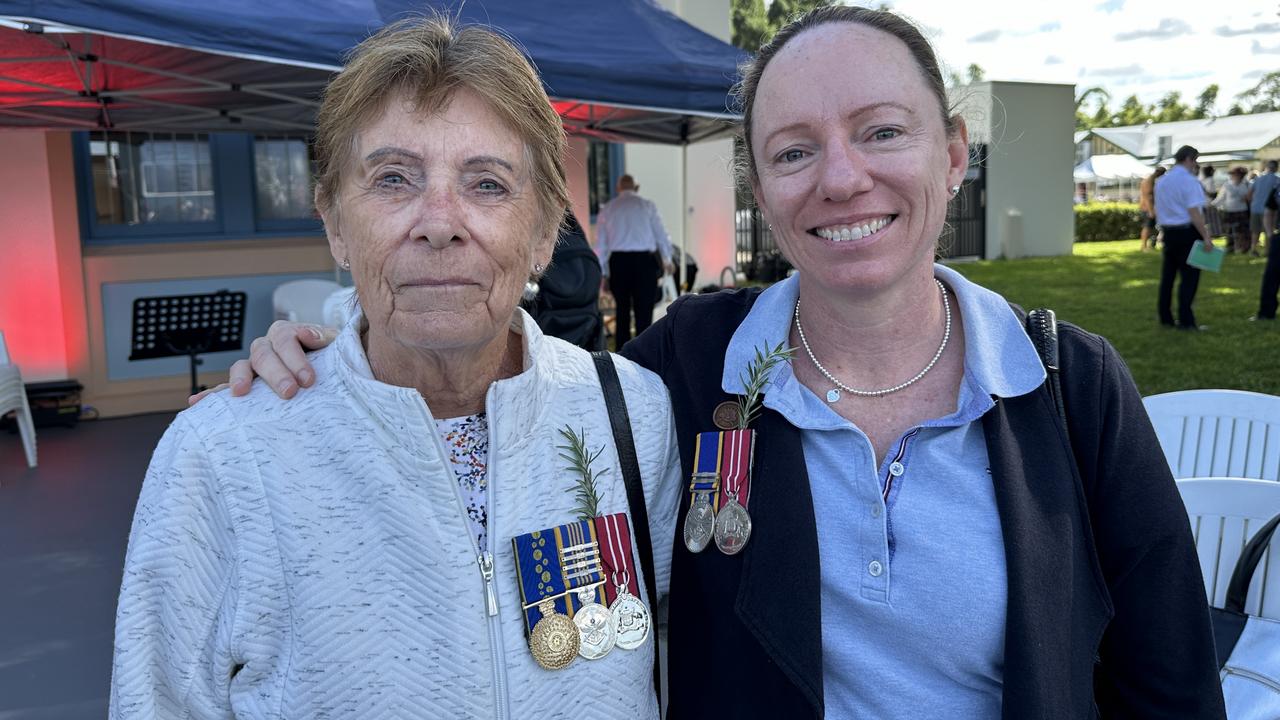
Spotted at the Lismore midmorning service, Terry Beer OAM said she served with the Australian Army in the reserves as part of the Joint Operations Command.
“I was a driving instructor,” she said.
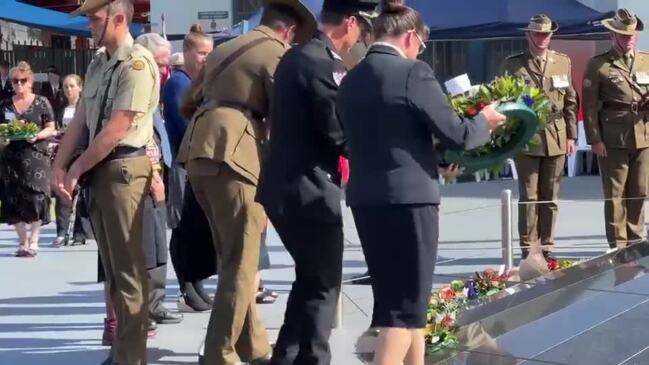
“Then I set up a call centre for the operations command when Timor was happening.”
“I left at 66 because I was too old and had to retire.”
Ms Beer was given an Order of Australia honour for her role in the operations command.
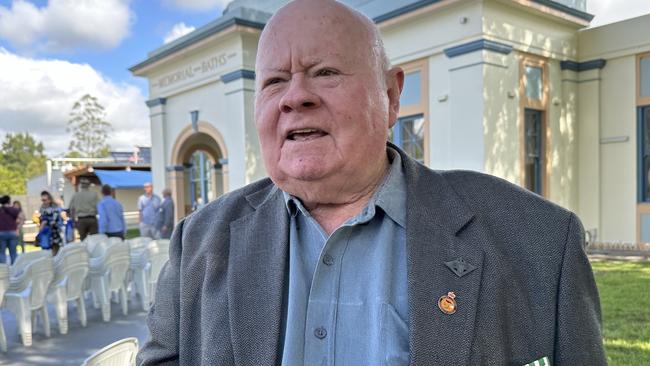
Lismore’s Les Moore said he left home at 18 and served as a gunnery mate on HMAS Hobart.
A sailor at heart, Mr Moore he has served on many boats – and was pleased to say he never got sea sick, and rather “slept really well” due to the rocking on the high seas.
Serving in Vietnam was his most memorable tour.
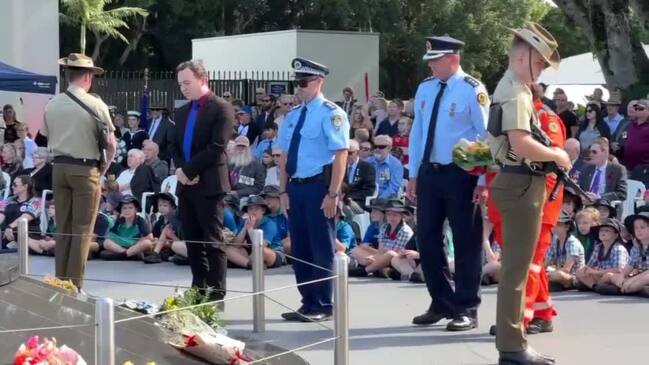
“Soldiers of today are allowed to question orders,” he said of the military today.
“Back in my time we were given an order, we had to do it.”
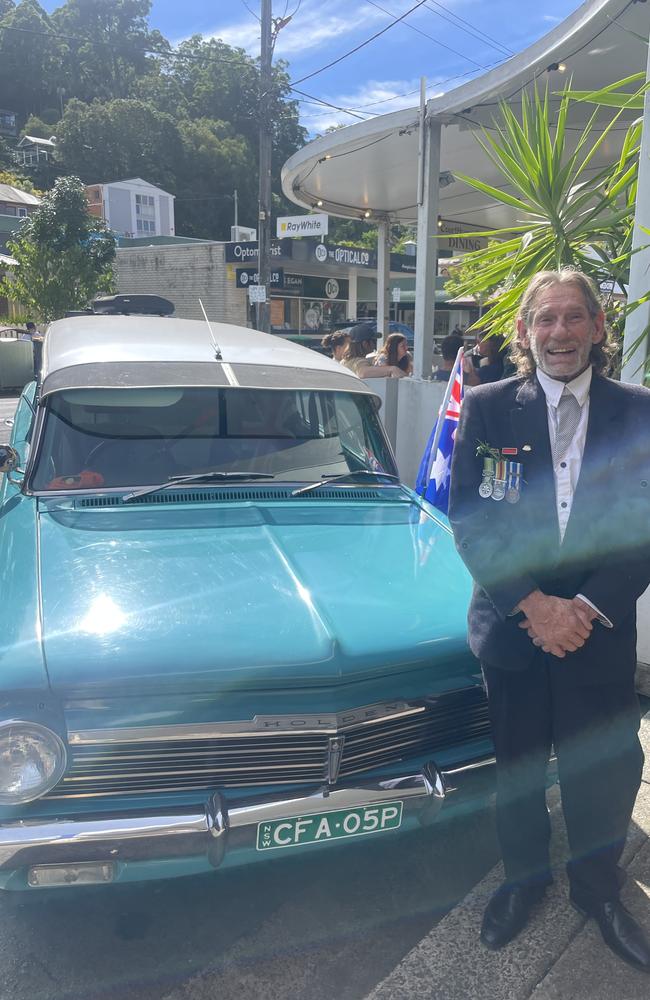
Murwillumbah resident and Indigenous man Brian Hudson considers himself “lucky” he has avoided the “hardships” – and the “horrors” – of war. But he has been surrounded by it his whole life.
The 65-year-old said at an Anzac Day march in Murwillumbah that his grandfather, brother and nephew all fought in wars that “afforded Australians the freedom and lifestyle we all live today”.
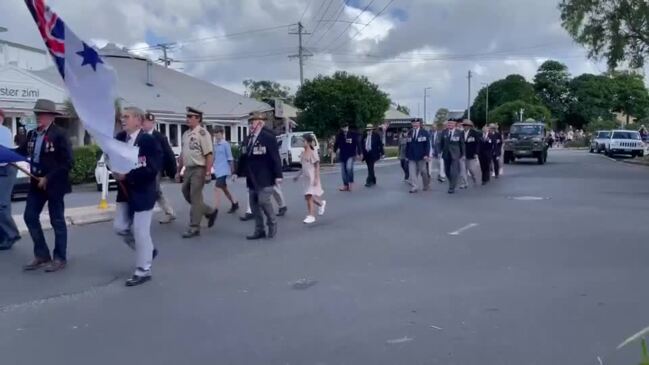
“My grandfather fought in WWII, my brother in Vietnam and my nephew in Afghanistan,” he said.
“I just consider myself lucky that I haven’t had to endure the hardship and the horrors of battle, because it leaves many men – and women – broken.”
“When my brother came back from Vietnam he was spat on, and in some ways completely forgotten.”
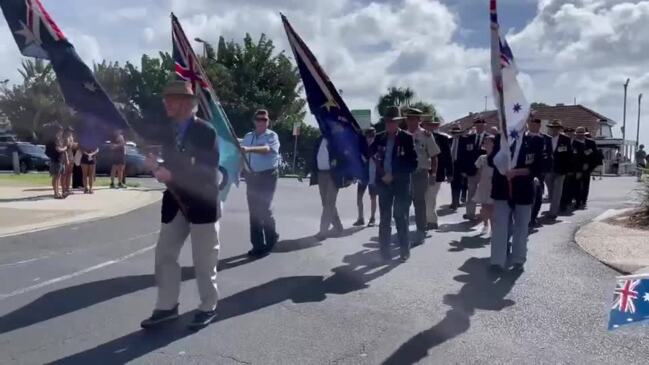
Mr Hudson said he did not consider Anzac Day a celebration, but rather a “day of respect and reflection.”
He was one of about 300 people, including students from both primary and secondary schools marching down Murwillumbah’s Brisbane St this Anzac Day.
At the Byron Bay midmorning march, wives blew kisses to their matching husbands from the sidelines and the public clapped their hearts out for the veterans.
Diggers enjoyed ice cold beers before the march kicked off at Apex Park about 10.30am.
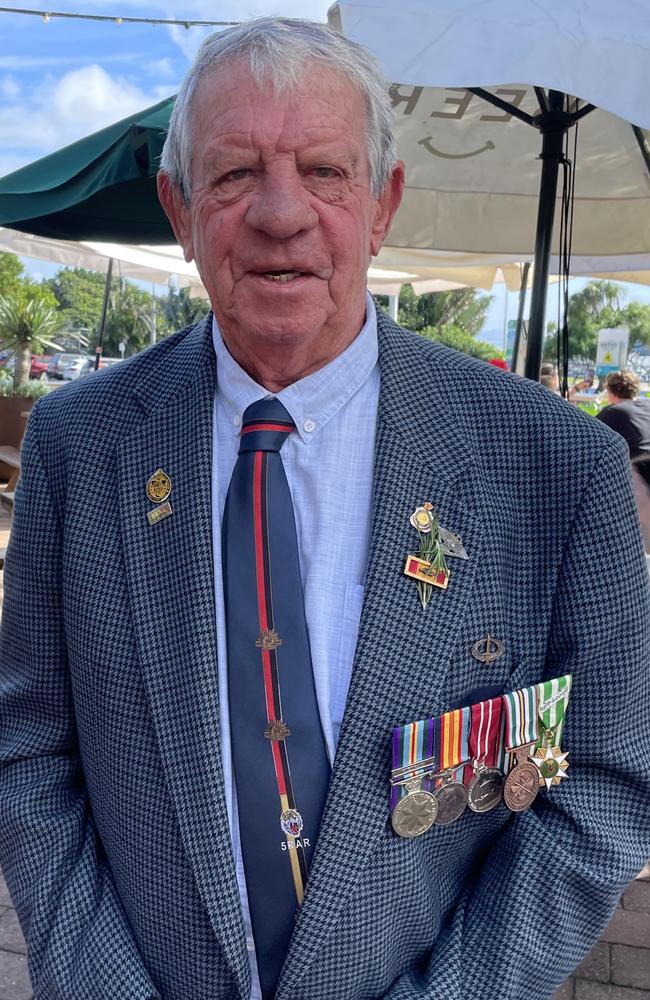
Vietnam veteran Warren Pearson, 78, of Suffolk Park – who attended the Byron Anzac Day activities, was forced to celebrate his 21st birthday overseas.
He was among the first group of conscripts to be sent to Vietnam, Mr Pearson revealed on Thursday – which marked 109 years since the WWI Gallipoli landing.
He trained at Brisbane before heading to Vietnam as a forward scout and machine gunner in 1966, with the 5th Battalion of the Royal Australian Regiment.
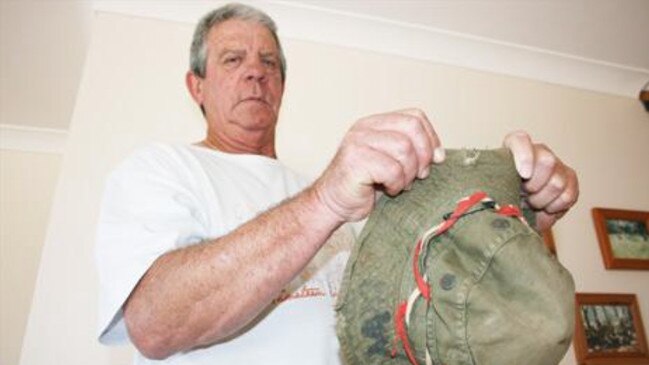
“A lot of soldiers trotted on booby traps and a few people got shot,” he said of his experience.
Mr Pearson recalled camping at a rubber plantation and having to be out in the field for almost a month at a time.
“We didn’t have a wash or anything for three weeks and slept on the ground,” he said.
“It used to rain at night and the next morning it would stay humid and we’d dry out by about 10am.”
Mr Pearson was stationed at Vietnam for seven months before he stumbled on a booby trap and suffered serious shrapnel wounds to his legs and face, which ended his military career.
He was hospitalised for eight months, first in Vietnam and then in Brisbane.
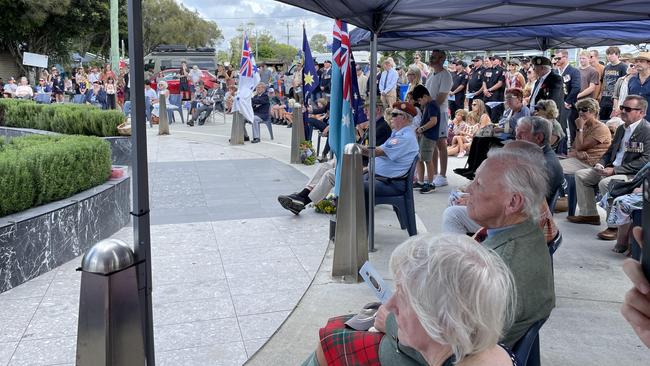
Mr Pearson still has shrapnel fragments in his leg – a permanent reminder of his brush with death.
He worked for Australian Post for 34 years, but began experiencing post traumatic stress disorder (PTSD) – common for returned servicemen and women.
“Things started going haywire with my nerves and I ended up with PTSD,” he said.
Mr Pearson said he was out of work due to his struggles and it took decades to receive proper support from authorities.
“The government didn’t do anything to help us for 25 years. A lot of us had PSTD from seeing blokes getting shot and blown up,” he said.
“We tried to get help but they thought we were bludging … until the Vietnam Veterans Association pressured the government and then they started doing something to try and help us.
“They seemed to like sending us away but they don’t like to look after us when we get home.”
Mr Pearson took courses at a facility in Currumbin and “it really helped”.
“There was about six other veterans there too and we spoke together about things you couldn’t speak to others about,” he said.
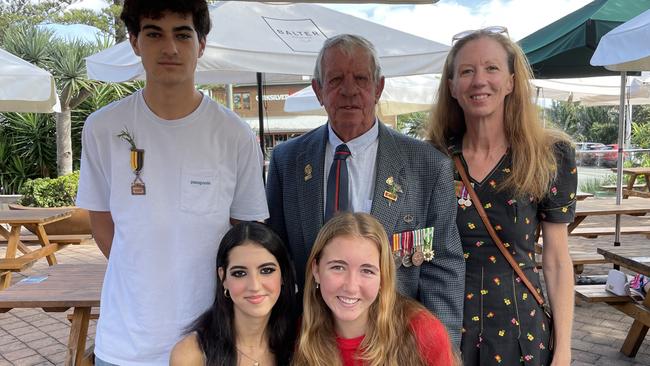
Mr Pearson said to him Anzac Day was about remembering Australian soldiers who died in Vietnam and elsewhere.
“It’s a day to also remember the Anzacs that landed in the wrong place and got massacred,” he said.
Mr Pearson said he as pleased to see more young people coming to services.
“It’s good to see the family here … we’re all going to march together this year,” he said.
Mr Pearson volunteers for the Legacy Australia movement, which looks after the families of ex-servicepeople.
Have a news tip? Email luke.mortimer1@news.com.au
More Coverage
Originally published as Photos: Northern NSW marks Anzac Day 2024

